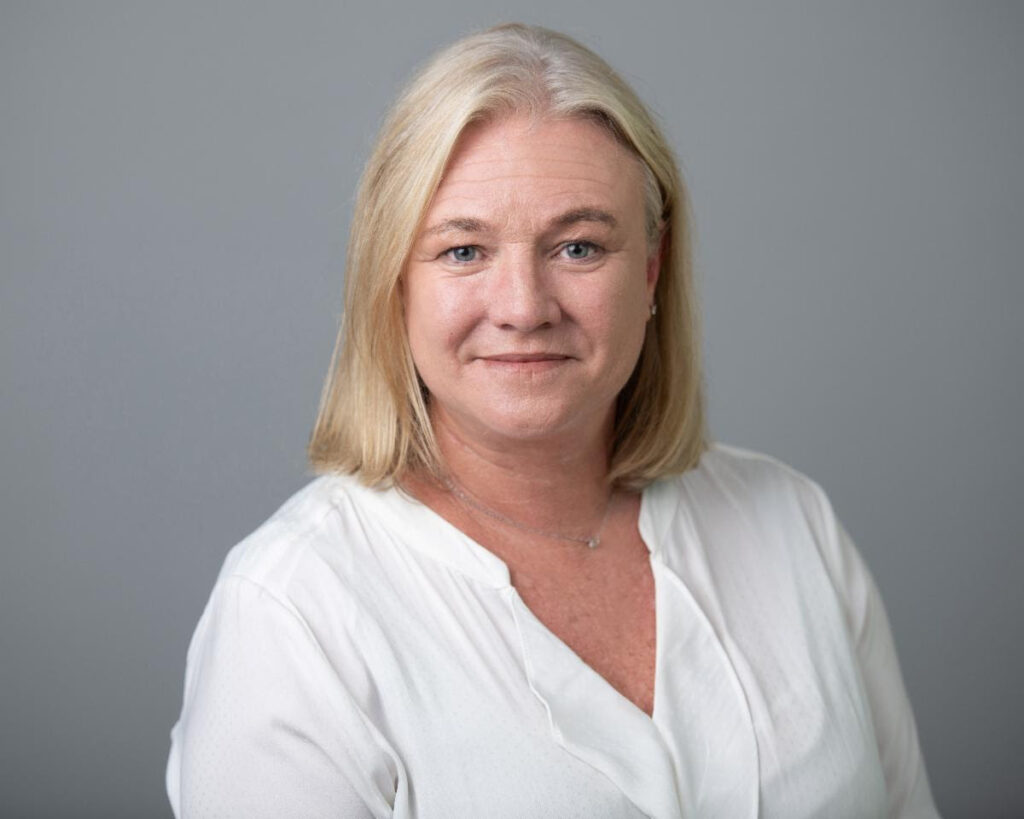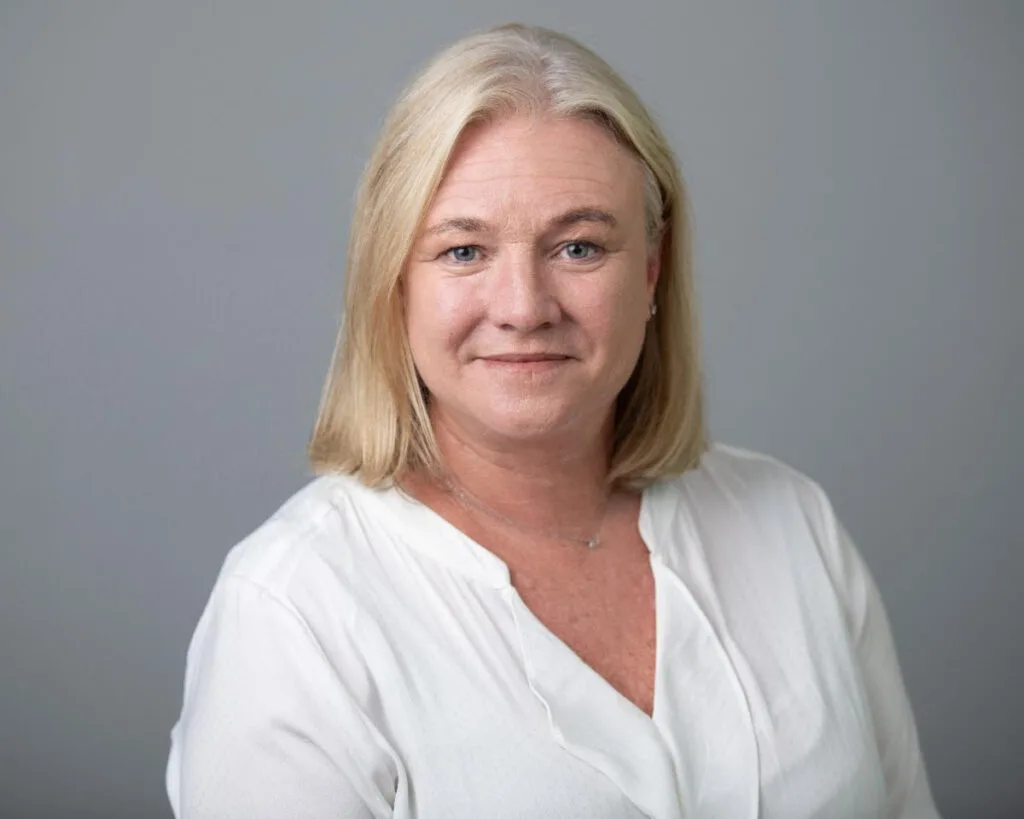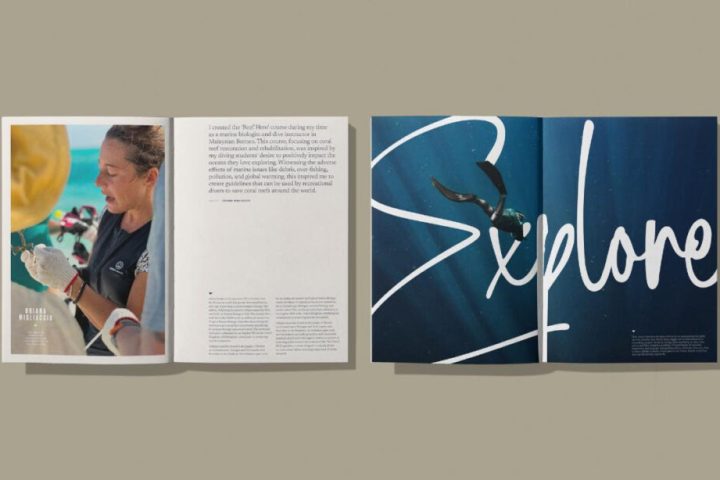
JOHANNESBURG, South Africa, 3 October 2024 -/African Media Agency(AMA)/- Radio stations intent on retaining their audiences and gaining new listeners should draw on all available resources to do so, with independent listenership and programming research being one of the most valuable and effective tools at their disposal. Drawing on data-based insights can support stations’ strategies for building growth and momentum, positioning them effectively for future success.
That’s according to Anina Maree, co-founder and director at Ground Control Research, a leading pan-African digital media and consumer research company that has helped the continent’s most successful radio stations expand their listenership and boost their advertising income by talking to independent audiences.
Join our WhatsApp ChannelFindings of a recent Ground Control Research poll revealed that 11% of radio stations surveyed across Ghana, Kenya and Nigeria turn to external, independent research agencies to gain insights about their audiences and to help them strategise for future growth, while the vast majority trust an in-house team to do audience research.
Nearly a third of radio stations don’t set up formal conversations with their audiences – they have off-air conversations with listeners who call in for competitions. While this may make listeners feel trusted and important to the station, it only draws on existing fans’ opinions, and doesn’t benefit from the fresh insights that could be gained from audiences yet to be won.
“Independent researchers have spent years honing their skills, building focus groups and designing questions to get the most helpful insights from diverse participants,” adds Karon Clare, co-founder and director at Ground Control Research. “An inclusive approach to audience testing helps radio stations crystallise their identity, guiding them to make better informed decisions about their choices of programming, presenters, and content.”
Having meaningful insights about what their existing and potential listeners hope to hear also helps stations better understand switching behaviour – what causes their listeners to seek content elsewhere, and what would win new listeners in their target market over.
These insights could be as granular as revealing listeners’ likes and dislikes about presenters, including their perceived integrity at a time when celebrities often embrace their potential as social media brand influencers, either within or beyond the context of their station commitments.
“Being able to gather these kinds of insights for our clients has meant that we’ve been able to offer solutions that balance presenters’ evolving roles in society with their station’s profile and content,” explains Maree. “For example, some hosts build greater engagement with their audiences if they’re paired with another personality, or even if they’re part of a presenting team, while others are better suited to solo presenting. Drawing on research findings and our years of experience in the industry has seen Ground Control Research support radio stations in redesigning their talent profiles, with great success.”
With 75% of radio stations surveyed across the three countries not having allocated any budget for external research, Clare emphasizes independent researchers complement and add value to internally designed and funded research projects, adding deeper insights and broader experience.
“Whether a station is doing call out music research, market and audience research, music mapping, or wanting to assess current or future talent prospects, independent researchers have their fingers on the pulse of the constantly evolving media industry,” Clare says. “Radio stations that know who their audiences are and what they want are the stations most sought after by advertisers, who expect specific and concise feedback about who their advertising spend will reach.”
Ground Control Research surveyed radio stations across three countries to gain insights into stations’ approaches to audience research and strategies for growth. For more information about how Ground Control Research uses its technology platforms to engage with and gain valuable insights from target audiences through qualitative and quantitative research, visit www.groundcontrolresearch.co.za
Distributed by African Media Agency (AMA) on behalf of Ground Control Research.
About Ground Control Research
We are a leading digital media and consumer research company in Africa, and we take pride in embracing the uniqueness of both Africa and its consumers.
Our digital solutions provide responsive market research insights, facilitated by the increasing online engagement of consumers on mobile phones, tablets and laptops.
Technology has empowered us to connect with respondents worldwide, allowing us to collect and process insights instantly, and to gain real-time insights into respondent’s life, regardless of their location.
Our technology platforms open ever increasing opportunities to engage with and gain valuable insights from target audiences through both quantitative and qualitative interactions.
Our radio audience research solutions are designed to deliver tactical music and content insights, empowering radio station managers to create programming that precisely caters to diverse target audiences.
MEDIA CONTACT
Amy Minnie
African Media Agency (AMA)
amy@africanmediaagency.com
The post Seeking Independent Voices: The importance of external research in growing radio audiences appeared first on African Media Agency.
Source : African Media Agency (AMA)

















Follow Us